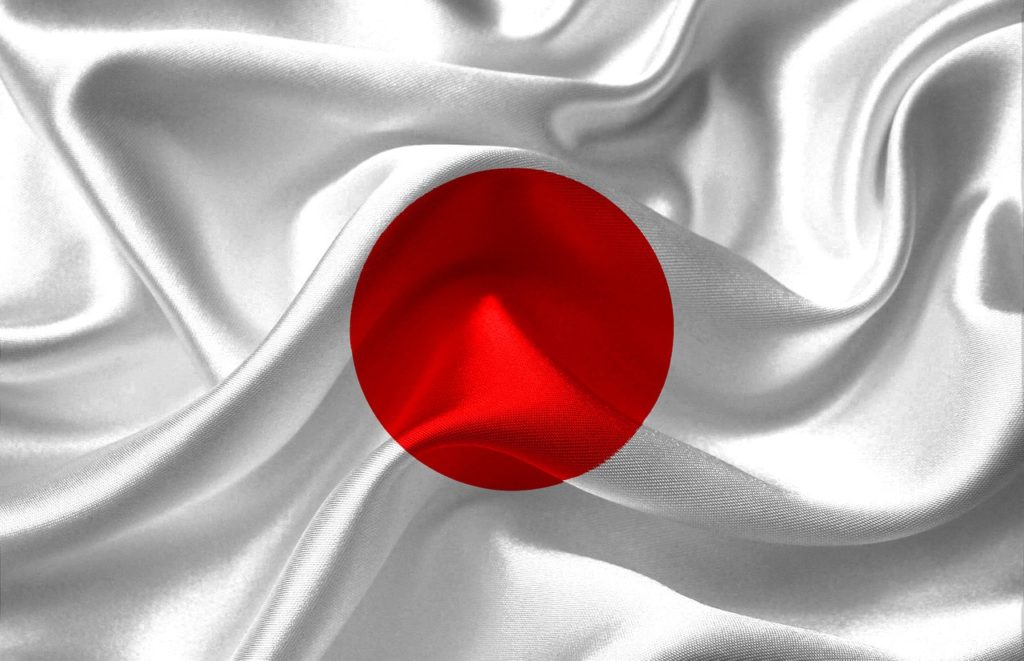The decision for the United Kingdom (UK) to leave the European Union (EU) will be a marker in its history and that of the world. New British Foreign Policy regarding free-trade agreements (FTA) will define its success in creating a truly “Global Britain” after the Brexit Transition Period has finished.
The UK may look to economically developed and technologically advanced nations when forming complex post-Brexit trade deals meaning that Japan could stand to gain from Brexit.
With trade totalling at £31.4bn and 9,500-UK based businesses exporting goods to Japan, it remains Britain’s 11th largest trading partner and 4th largest outside the EU. Discussion has been underway between London and Tokyo to determine the specificities of their post-Brexit trading agreement leading to what could potentially be the most advanced global trading agreement to date. The UK hopes to build upon the already established EU-Japan Economic Pact Agreement (EPA), whilst Japan affirms that it will not simply ‘cut and paste’ the same agreement it holds with the European Union and apply it to the United Kingdom.
Tokyo, however, does hope to see a number of procedures implemented during the Brexit process. They place great importance on the UK and EU maintaining market integrity and remaining attractive destinations for business where “free trade, unfettered investment and smooth financial transactions” are ensured. The Japanese Government requested that the EU and UK adhere to four general terms during the Brexit process:
- Transparency
- Sufficient transition periods
- The publication of any changes to the process
- Safeguarding market integrity
- The maintenance of free trade between Japan and the UK
What is clear is Japan and Britain’s interest in forming post-Brexit agreements, with British authorities predicting that a bilateral trade deal could increase GDP by around 0.07 per cent, or £1.5bn, in the long-term.
Britain’s interest in forming relations with Japan is not limited to simply gaining access to their markets. Britain hopes to join the Trans-Pacific Partnership (TPP), of which Japan is one of the 11-member states, in order to bolster its post-Brexit economy and form trading partnerships with economic superpowers.
Therefore, Britain may look to accept the inclusion of investor-state dispute settlement mechanisms suggested by Japan in their recent trade negotiations as these mechanisms have been adopted by the TPP. In addition to this, Britain may choose to accept Japan’s instant post-Brexit zero tariff suggestion on Japanese automotive products to keep the Japanese Government on side when it looks to join the TPP.
British and Japanese bi-lateral relations will remain strong and effective post-Brexit trade deals with regards to the areas of STEM will be drawn-up, what remains to be decided, however, is whether Japan will be subject to free-trade agreements with the UK.
